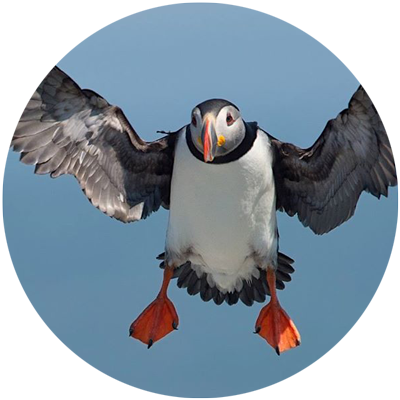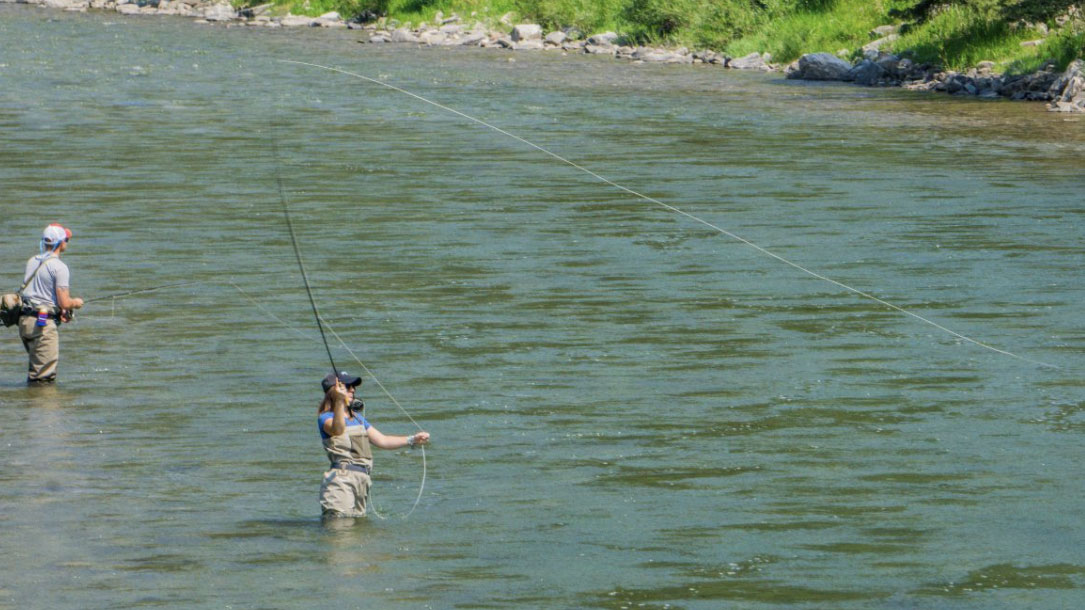
Hotter summer temperatures prompt fly fishing restrictions in Montana
In some areas, fishing has been temporarily prohibited on hot summer afternoons when the water is too warm.
“That’s a huge impact to fisheries and to the guiding community as a whole,” Hutcheson says. “There are operations…starting their guide trips at 5 a.m. so they can get off the water by 2, or they’re simply not taking people out during the hottest times of the year, which traditionally has been some of the best fishing”…
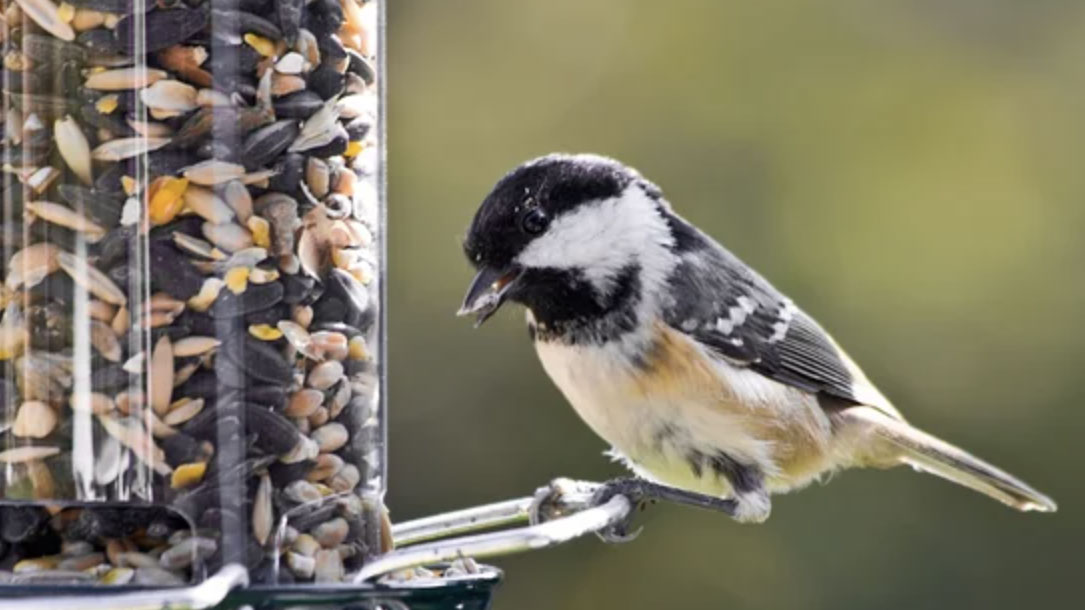
Why it matters that climate change is shrinking birds
Scientists have long predicted that increasing temperatures would drive reductions in body size across the tree of life, but testing this requires huge amounts of data collected consistently over decades. This type of data is only available for a tiny fraction of the world’s species, including some North American birds.
Recently, a study based on over 70,000 North American bird specimens found that warming temperatures have been shrinking birds for the past 40 years…

Schools and solar: Taking action, saving money
As school districts struggle to adapt to a nationwide budget crisis brought on by the COVID-19 outbreak, many K-12 schools are shoring up budgets with a switch to solar power. Find out more inside this third edition of Brighter Future: A Study on Solar in U.S. Schools, including new data and trends on solar uptake at schools nationwide, how schools are saving millions in energy bills (with little-to-no upfront investment), and a national ranking of all states for solar on schools…
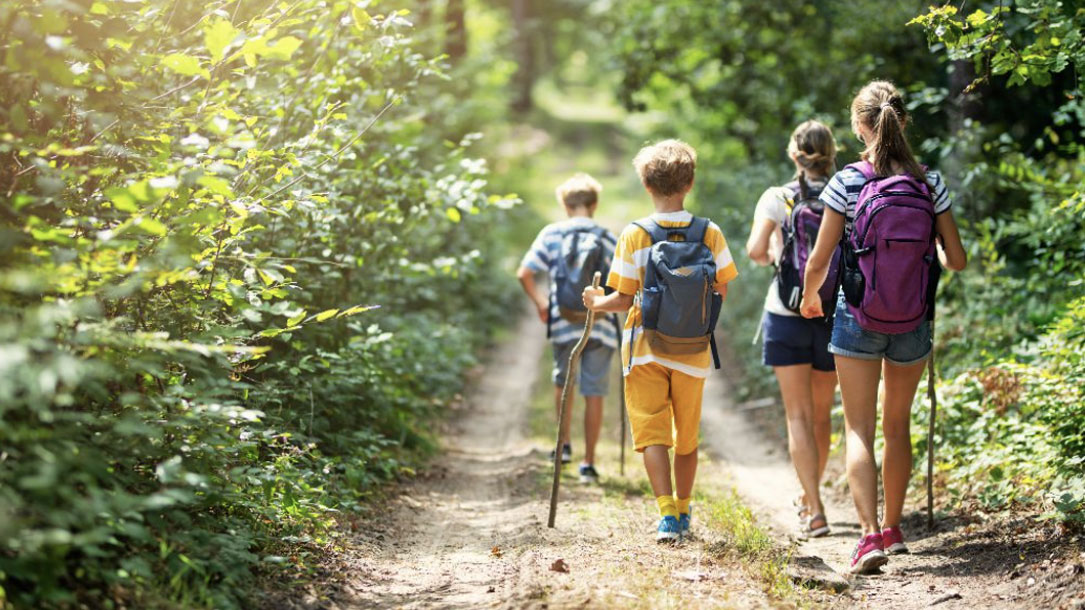
Psychologists are learning how to bolster the health of humans and the environment as the planet warms
“We are concerned about the findings,” said Clayton, a psychology professor at the College of Wooster in Ohio. “Negative emotions and pessimistic beliefs can be a source of stress that leads to mental health problems such as anxiety and depression.” Nearly half of the participants reported that their feelings about climate change negatively affected aspects of their daily lives, such as sleeping, socializing, school, and work…
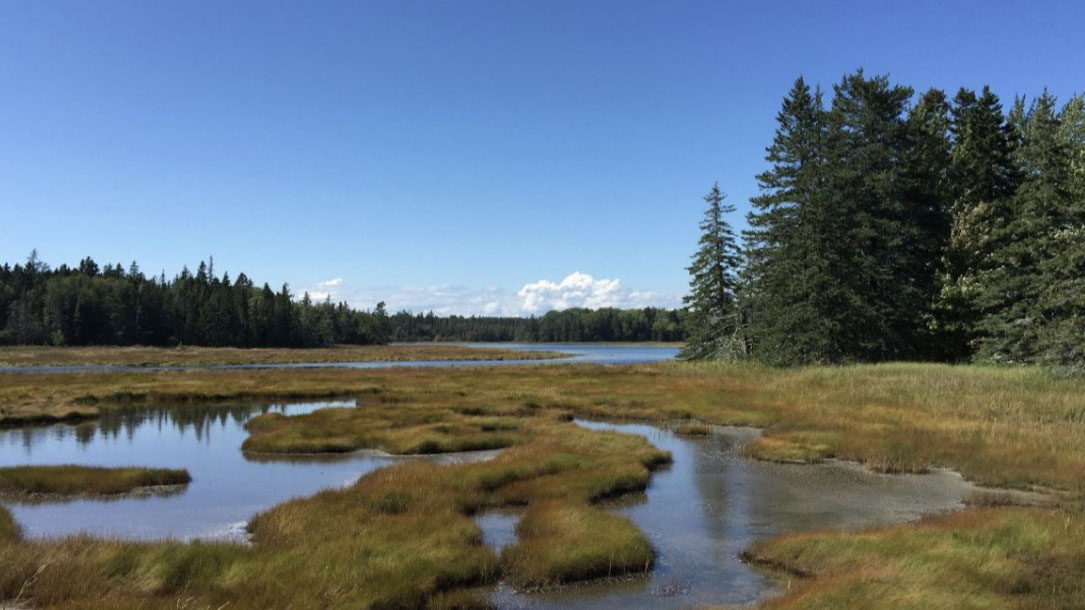
U.S. eyes wetland restoration as hedge against climate change
Researchers found that conserving existing wetlands, restoring 35 percent of marshes that have been impounded or drained, and allowing coastal wetlands to naturally migrate toward land as sea levels rise could create a substantial sink for CO2 and human-caused methane by 2050…
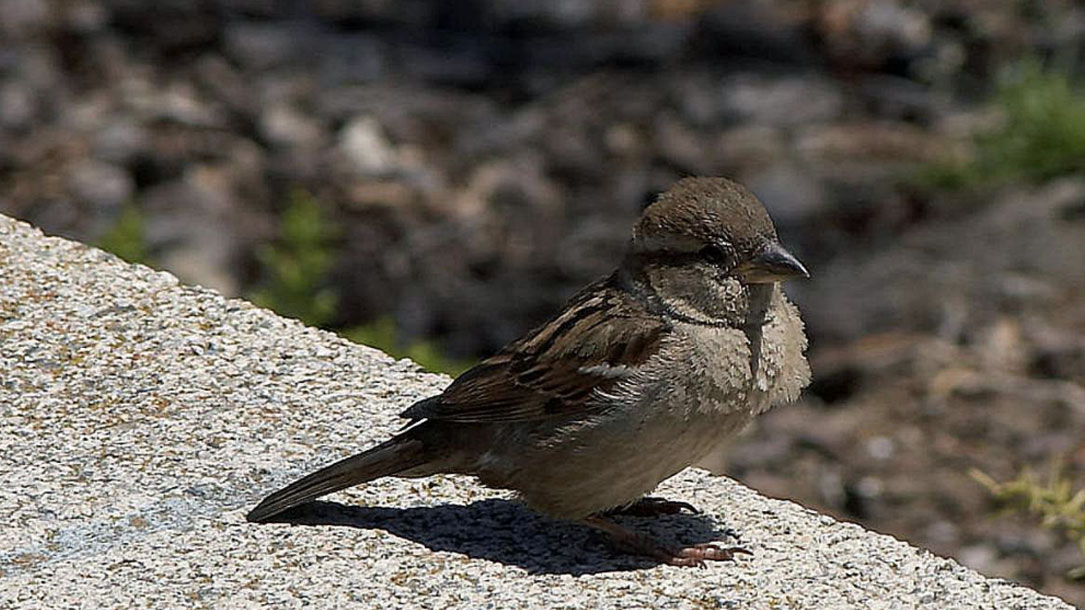
Shared morphological consequences of global warming in North American migratory birds
“Increasing temperatures associated with climate change are predicted to cause reductions in body size, a key determinant of animal physiology and ecology…”
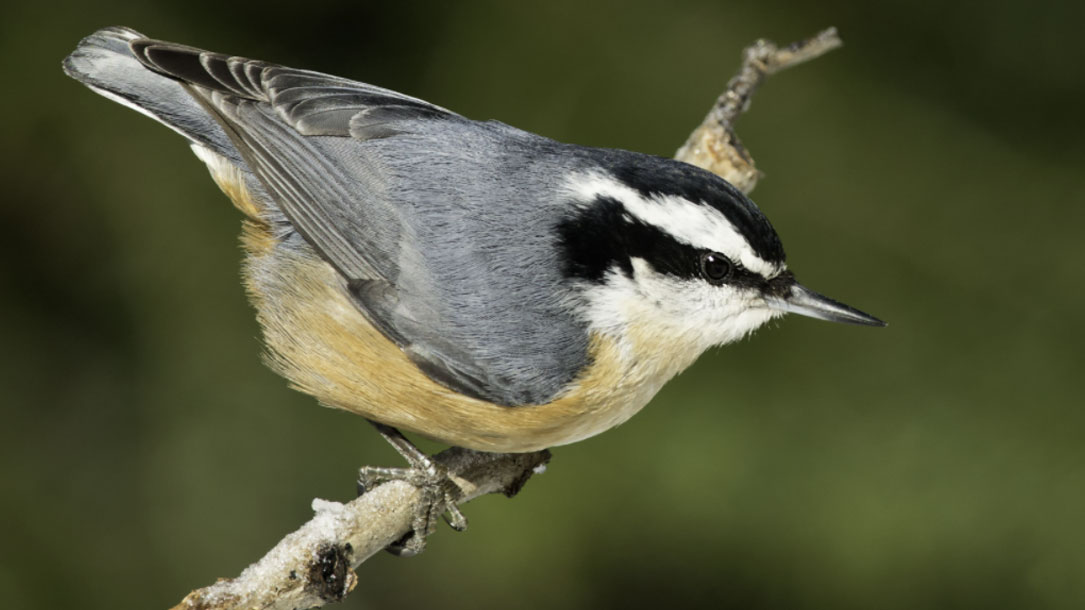
Declining body size: a third universal response to warming?
“Because body size affects thermoregulation and energetics, changing body size has implications for resilience in the face of climate change.”
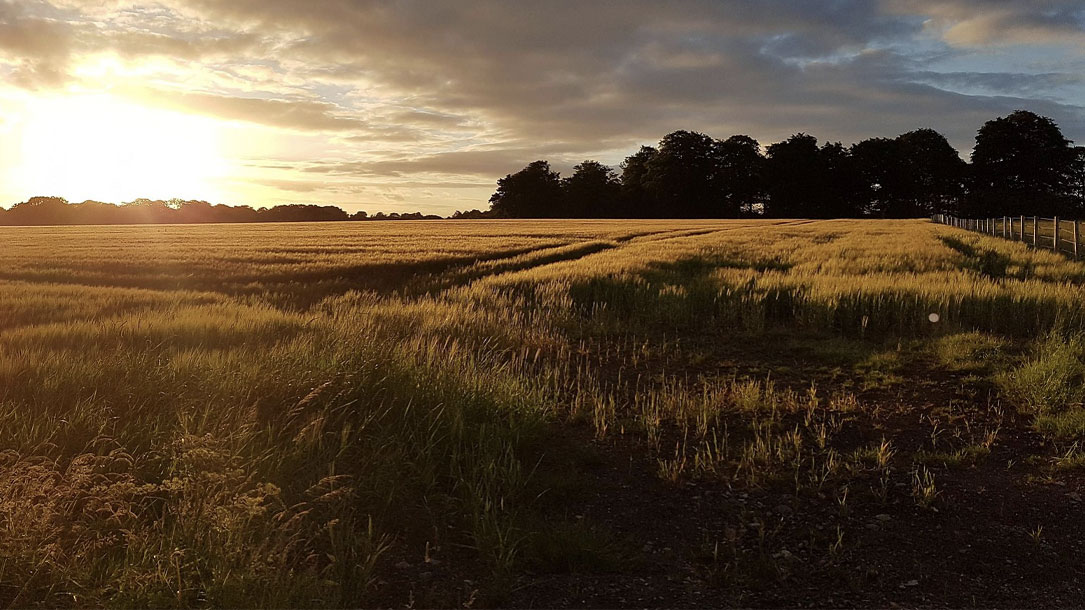
Smart Solar Siting for New England: free webinar series
Join American Farmland Trust, Acadia Center, Conservation Law Foundation, Vote Solar, and Vermont Law School for a four-part webinar series, as we share outcomes from our joint two-year project seeking to reduce conflicts over the siting of solar facilities…
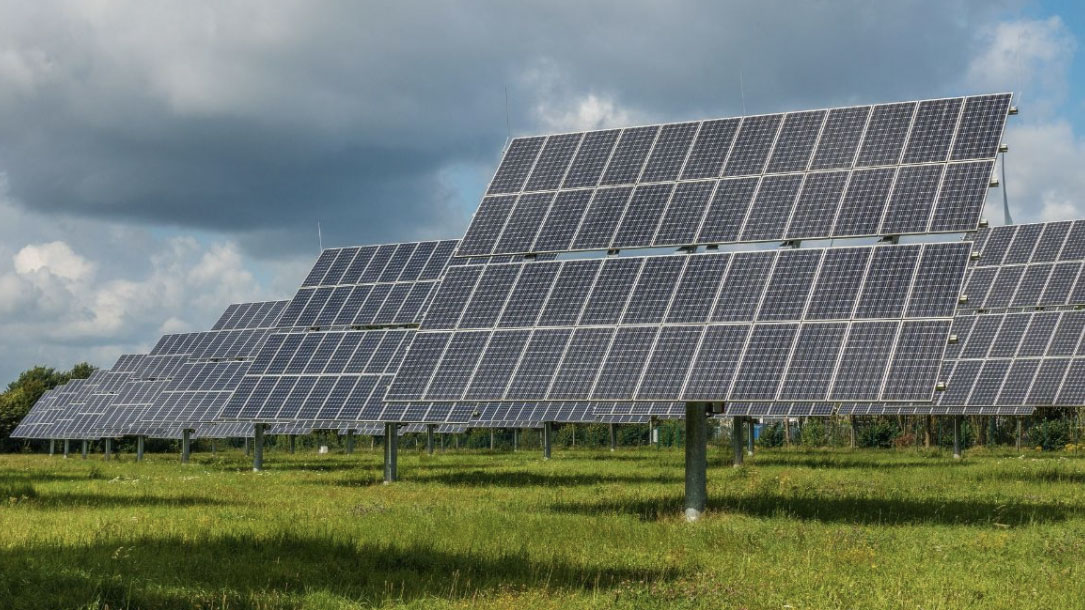
Want to get involved with solar grazing?
he American Solar Grazing Association (ASGA) was founded to promote grazing sheep on solar installations.
ASGA members are developing best practices that support shepherds and solar developers to both effectively manage solar installations and create new agribusiness profits…
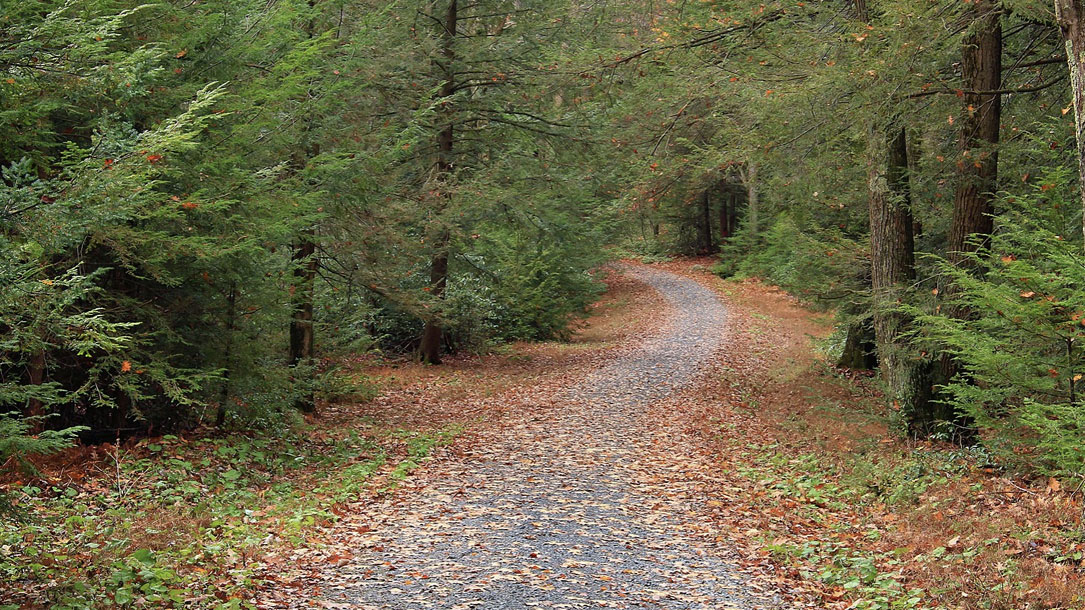
What impact do seas, lakes, and rivers have on people’s health?
Most of us recognize the calming effect of a walk by the river or along a beach. Victorian doctors used to prescribe the “sea air” as a cure for an assortment of agues and ailments. But while the health benefits of green space are now well known, thanks to the pioneering research of Roger Ulrich and the Kaplans among others, little analysis has been made of “blue space” – the impact of the sea, rivers, lakes, and even urban water features on our health and wellbeing.



